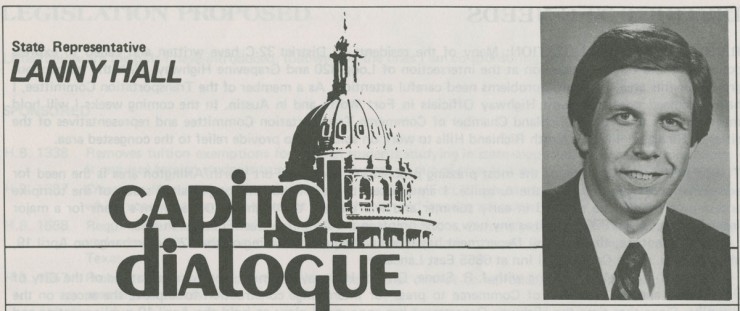Drugs weren’t really a big scandal in the United States until the 1960’s. A few anti-drug laws were established earlier than this, but drugs were not an enigmatic or scary aspect of American culture. This was mostly because drugs circulated among minority groups, like Mexican immigrants, African Americans, and even the Chinese in the late 19th century. Eventually, the trend became popular among whites, as well. During the Vietnam War, drug use became a symbol for youthful rebellion–and rebellion was daunting. Government leaders feared such a large dissent, and parents feared the sex, rock music, and organized protests that frequented circles of low-to-high frequency drug users. Some of these youth ended up being killed at protests. It’s no wonder people were scared.
In June 1971, President Nixon declared the War on Drugs.
Prosecution rates for drug use and trafficking were high in the next few decades. In Texas, wiretapping was introduced in House Bill 360 during the 67th legislature, and it was largely meant to serve as a weapon against drug traffickers. In a letter to a concerned citizen, Tarrant County Representative Lanny Hall states that his constituents have given “overwhelming support” to the bill. On May 4, 1981, the bill was passed with a non-record vote of 98 yeahs, 47 neighs, and 1 present, not-voting.
According to the law, a prosecutor must request an order authorizing the wiretap from a judge; and the prosecutor must show “probable cause to believe that the interception will provide evidence of the commission of a felony (other than felony possessions of marihuana) under the Texas Controlled Substances Act” (Wire or Oral Communications–Interception and Use, H. B. 360, Sec. 4). Only one party of the conversation needs to consent to the wiretap for it to be legal. Other offenses for which a wiretap can be used are murder and child pornography. More detailed particulars of the law can be viewed at the link above.
The law has been renewed, and it is still in effect today.
The Lanny Hall Collection contains letters on this matter from concerned Tarrant County citizens. Hall served the county as a Representative in the Texas House during the sixty-sixth, sixty-seventh, and sixty-eighth legislatures (1979-1984). The collection also contains records pertaining to subjects such as public education, tuition rates and funding for colleges and universities, equal rights and LGBT issues, transportation, and health topics.
-by Alexandra Traxinger Schütz




Leave a Reply